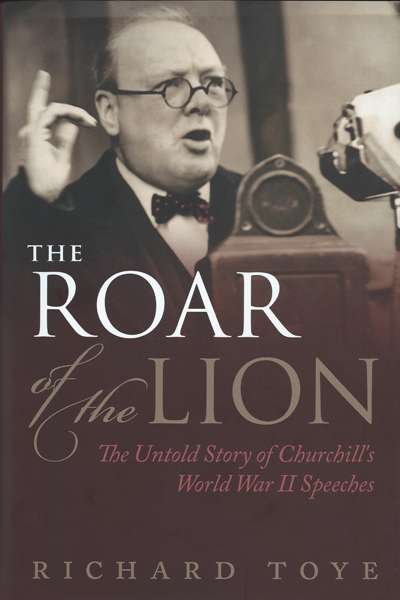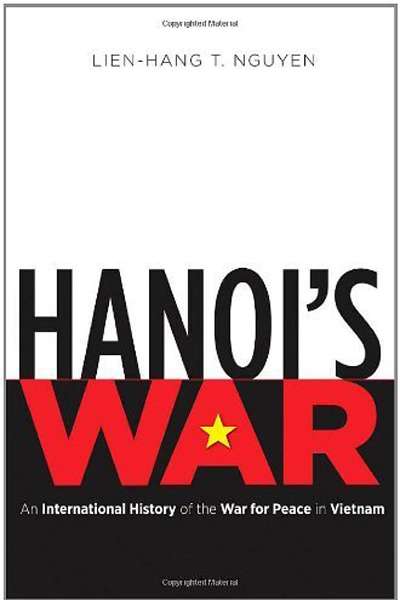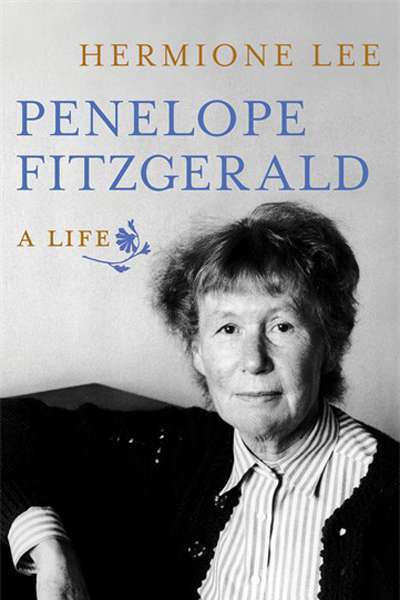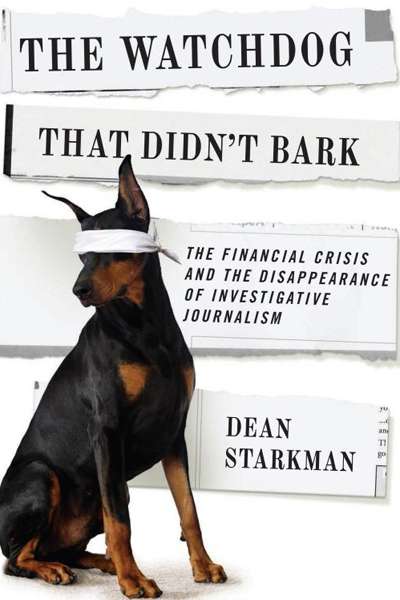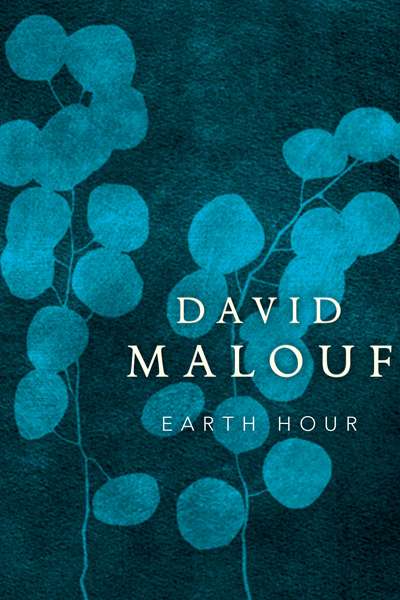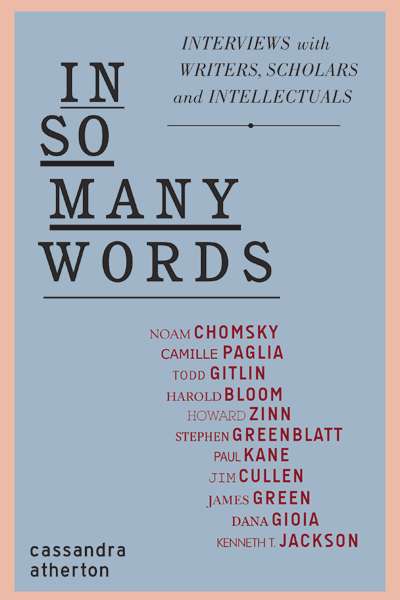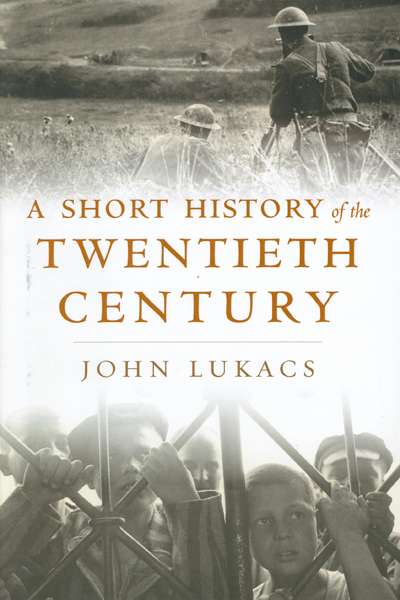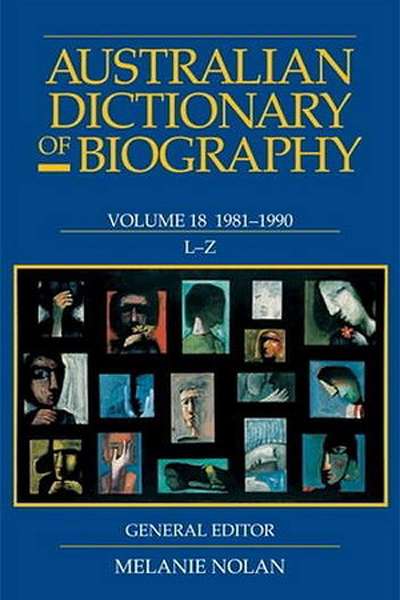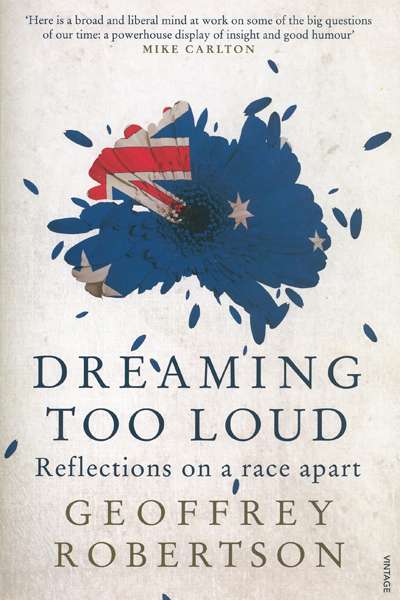Non Fiction
Why does illness create such a marked need for story? Why do we want to read about other people’s illnesses and talk or write about our own? At the most basic level, it is surely because human beings always need stories. Indeed, neuroscientists believe that narrative consciousness is hard-wired into our brains ...
... (read more)The Roar of the Lion: The Untold Story of Churchill’s World War II Speeches by Richard Toye
In his introduction to this book, Richard Toye makes the startling but, as far as I know, accurate claim that this is the first book to offer a comprehensive analysis of Churchill’s wartime speeches. For a series of orations that now occupy many pages of any dictionary of quotations, The Roar of the Lion fills a surprising gap. Unfortunately, it does not fill it adequately.
... (read more)Hanoi's War: An International History of the War for Peace in Vietnam by Lien-Hang T. Nguyen
Although the Vietnam War ended thirty-nine years ago, we have had to wait until now for a full and rigorous scholarly analysis of Hanoi’s policies during that war. Much important material from the war years survived in the archives of the former North Vietnamese ministries, but for a long time it was off limits to Westerners. Gradually, over the past twenty years, ...
Award-winning biographer Brenda Niall welcomes the first biography of Penelope Fitzgerald by superlative British biographer Hermione Lee, and is fascinated by the great novelist’s secret river of creativity.
... (read more)The Watchdog That Didn’t Bark: The Financial Crisis and the Disappearance of Investigative Journalism by Dean Starkman
Gideon Haigh reviews a major new study of the failure of investigative journalism during the 2008 GFC. He argues that journalists became invested in the economic boom, to their cost.
... (read more)David Malouf turns eighty this month, improbably. To mark his birthday, UQP has published a new poetry collection by Malouf. ABR Poetry Editor reviews Earth Hour in this issue.
... (read more)In So Many Words: Interviews with Writers, Scholars and Intellectuals by Cassandra Atherton
I have often thought that a large part of achievement is just fronting up; having an idea and acting on it, however unlikely success might seem. What you need is a resolution (or the disposition) not to be discouraged by failure and to be pleasantly surprised by success. If it doesn’t work, you try something else. You make the most of any opportunity. You should also jettison a conventional sense of the social niceties. You’re going to Boston for your honeymoon. Hey, why not ask Noam Chomsky for an interview?
... (read more)A Short History of the Twentieth Century by John Lukacs
The author of this impressive book had his ninetieth birthday this January. Born to a Jewish mother and Catholic father, he was fortunate to escape death in his native Hungary in World War II and to live another existence in the United States as an intellectual and historian throughout the Cold War. The label he sometimes claims is ‘reactionary’, but this is too simple for such a thoughtful spectator of the tempestuous, topsy-turvy twentieth century.
... (read more)Australian Dictionary of Biography, Volume 18: 1981–1990 (L–Z) edited by Melanie Nolan
In his brief preface to Volume 1 of the Australian Dictionary of Biography 1788–1850 A–H (1966), Douglas Pike describes the ‘all-Australian, Commonwealth-wide … consultation and co-operation’ underpinning the volume and notes that the breadth and complexity of its intellectual network meant the Dictionary could ‘truly be called a national project’. Five decades later, in an informative, elegant introduction to Volume 18, the present general editor, Melanie Nolan, endorses Pike’s pioneering claim for the ADB, describing it as ‘a national collaborative project, the largest and longest running of its kind in the social sciences and humanities in Australia’. As such – ‘a reference work for many purposes’ – it is familiar territory to historians, researchers, biographers, film-makers, novelists, and any number of browsing general readers.
... (read more)Dreaming Too Loud: Reflections on a Race Apart by Geoffrey Robertson
If the London Australian expatriate community has an aristocracy of sorts – as it clearly does – then Geoffrey Robertson QC and the novelist Kathy Lette, his wife since 1990, would be among its leading nobility. Robertson and Lette mix with royalty, both real and literary (‘our daughters had been flower girls at Salman’s wedding – I can’t remember which one’). I would love to have been present when Robertson advised Diana, during her affair with James Hewitt, that the Treason Act of 1361 laid down the death penalty for any party to adultery with the wife of the heir to the throne. Did she blush or blanch?
... (read more)


